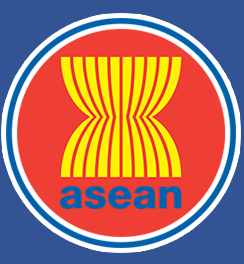ASEAN Journal on Science and Technology for Development
Abstract
The adsorption kinetics of water from an azeotropic mixture of isopropyl alcohol and water using chemically activated natural zeolites with and without a binder (starch) was investigated. In addition, an investigation of the compressive strength of zeolite pellets was conducted to ascertain the performance of the adsorbent for long-term operation. Three parameters were applied in the zeolite-making process: the particle size of zeolite (20, 30, 50, and 80 mesh), the sintering temperature (550, 750, and 1,000°C), the compaction pressure (2, 4, and 6 tonnes), and the starch-to-zeolite weight ratio (0, 1:3, 1:5, and 1:7). Initial screenings indicated that the strongest zeolite pellet was 80-mesh zeolite powder (without starch addition) that was compacted using 6 tonnes pressure and was sintered at 750°C. The adsorption tests using the strongest zeolite were conducted in a packed-bed column for three cycles, followed by compressive strength tests on the zeolite pellets after each cycle. According to the experimental data, zeolite pellets made without the addition of starch could adsorb up to 98.4% of the initial water in the mixture. From the four models proposed to describe the kinetics of adsorption of water from the mixture, the Freundlich model turned out to be the best model.
Publication Date
4-30-2020
Recommended Citation
Laras, Prasakti; Muhammad, Hartono; Prabowo, Jati Pandu; Fajar, Setiaji Muhammad; Kompiang, Wirawan Sang; and Hanifrahmawan, Sudibyo
(2020)
"Problem Solving of Isopropyl Alcohol – Water Azeotropic Characteristics Using Packed (Natural Zeolite) Bed Adsorber,"
ASEAN Journal on Science and Technology for Development: Vol. 37:
No.
1, Article 5.
DOI: https://doi.org/10.29037/ajstd.611
Available at:
https://ajstd.ubd.edu.bn/journal/vol37/iss1/5

